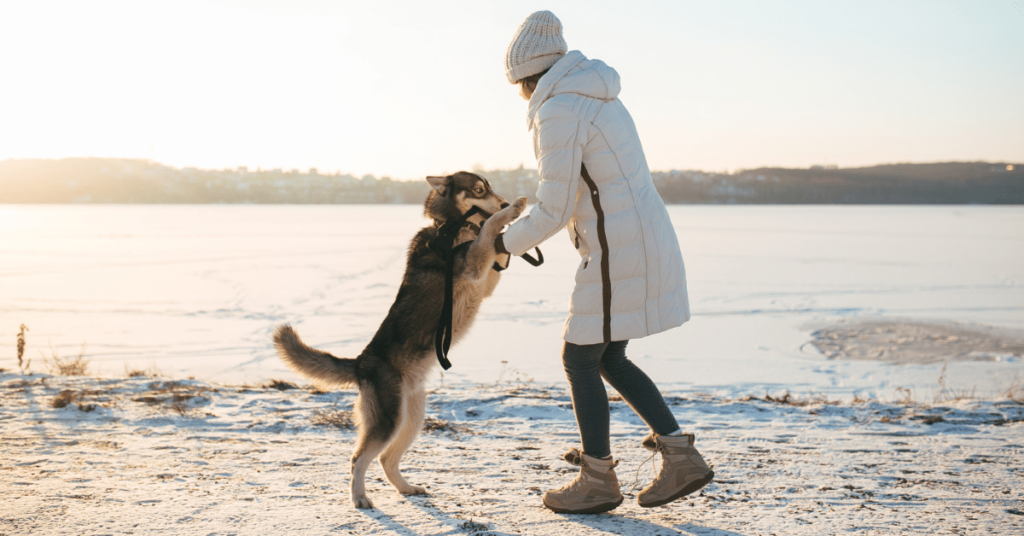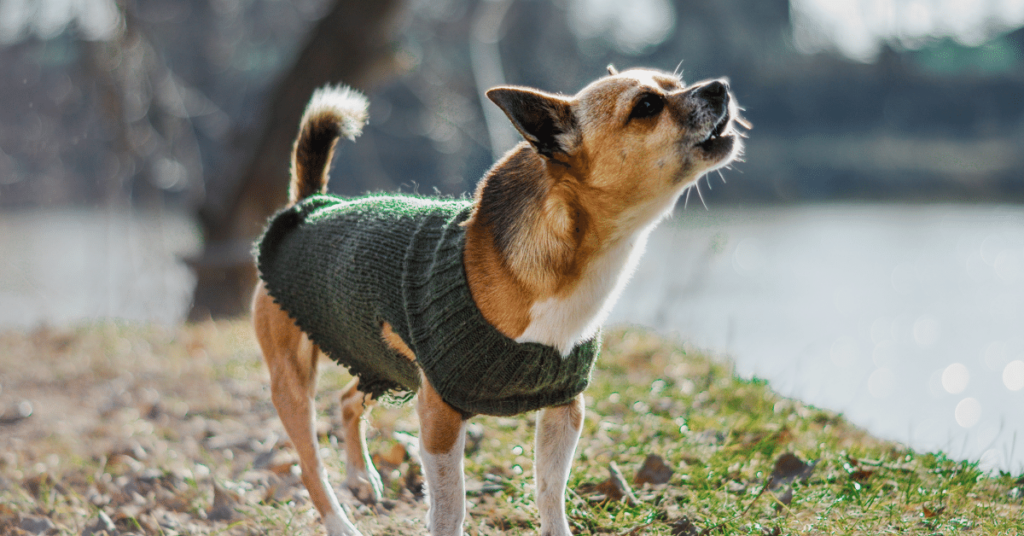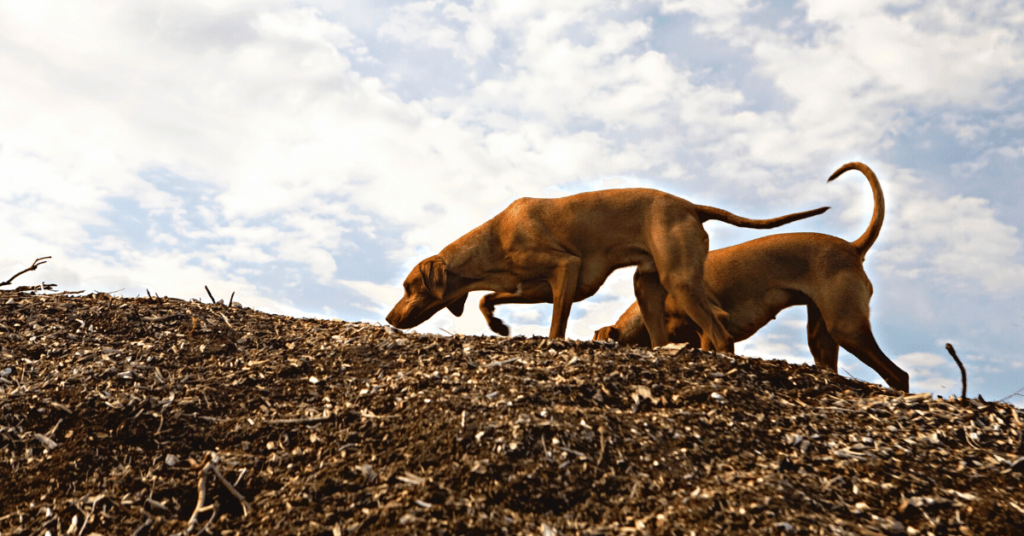Spring
Grooming and De-Shedding
Spring is a season of renewal, and that goes for our pets too. As the weather warms up and your furry friend sheds their winter coat, it’s important to help them out by grooming and de-shedding. Regular brushing not only removes loose hairs, but it also keeps their coat healthy and prevents matting. Consider scheduling a professional grooming session to give them a fresh start for the season.
Flea and Tick Prevention
Warmer weather means more outdoor adventures for your pet, but it also brings an increase in fleas and ticks. Make sure your furry friend is protected by using flea and tick prevention products. Consult with your veterinarian to determine the best option for your pet based on their specific needs.
Summer
Hydration
Summer heat can be tough on our four-legged friends, so it’s crucial to keep them hydrated. Always provide fresh water and make sure it’s easily accessible. If you’re planning outdoor activities, bring along a portable water bowl and take breaks in shaded areas to prevent your pet from overheating.
Sun Protection
Just like humans, pets can suffer from sunburns and UV damage. To keep them safe, limit their exposure to the sun during peak hours and provide shade whenever possible. Additionally, consider using pet-friendly sunscreen on exposed areas such as the nose, ears, and belly.
Fall
Outdoor Safety
Fall brings colorful leaves, cooler temperatures, and new hazards for our pets. Keep them safe by raking up and disposing of fallen leaves regularly, as they can harbor parasites, mold, or other harmful substances. Be mindful of mushroom growth, as some varieties can be toxic to pets. If you’re taking your dog for a walk, pay attention to antifreeze spills on the ground, as it can be highly toxic if ingested.
Allergies
Fall allergies can affect both humans and pets. Keep an eye out for signs of allergies in your furry friend, such as excessive scratching, sneezing, or watery eyes. Consult with your veterinarian if you suspect your pet is suffering from seasonal allergies, as they may recommend allergy testing or prescribe medications to alleviate symptoms.
Winter
Cold Weather Preparations
As the temperatures drop, it’s important to take certain precautions to keep your pet safe and comfortable. Ensure they have a warm and cozy shelter, whether it’s indoors or outdoors. Limit their time outside during extreme cold weather, and consider using pet-safe ice melt on walkways to avoid paw pad injuries.
Winter Coat Care
Some pets sport a thicker winter coat to protect them from the cold, but regular grooming is still necessary. Brushing helps remove loose hairs and prevents matting, which can lead to skin irritation. However, avoid shaving your pet’s coat during winter, as their fur provides insulation against the cold.
Summary
No matter the season, your pet’s well-being should always be a top priority. By following these seasonal pet care tips, you can ensure your furry friend stays happy and healthy throughout the year. From grooming and de-shedding to hydration and sun protection, each season presents its own set of challenges and considerations. Stay proactive, consult with your veterinarian when necessary, and enjoy the special moments with your beloved pet in every season.







